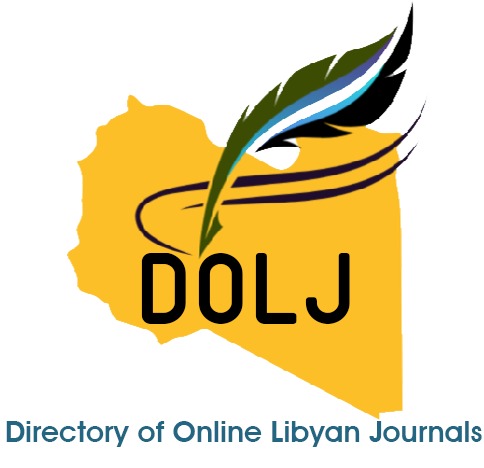A study of hormonal changes and genetic frequency of ABO blood groups and Rh factor (RH) in women with polycystic ovary syndrome in Sebha city
DOI:
https://doi.org/10.61952/jlabw.v1i3.99الكلمات المفتاحية:
genetic frequency، Hormonal disorders، Polycystic ovary syndrome، ABO blood groups system، Rh factorالملخص
Polycystic ovarian syndrome (PCOS) is defined by hormonal imbalances that impact several organ systems, resulting in diverse health concerns such as menstruation abnormalities, infertility, hirsutism, acne, and obesity. This study aimed to ascertain the hormonal alterations and genetic distribution of ABO blood types and Rh factor in women with PCOS. One hundred ten blood samples were taken, categorised into two groups: the PCOS group (60 samples) and the control group (50 samples), with ages ranging from 20 to 50 years. Luteinizing hormone (LH), follicle-stimulating hormone (FSH), prolactin (PRL), and thyroid-stimulating hormone (TSH) levels were quantified via enzyme-linked immunosorbent assay (ELISA). Blood types were identified, and the genetic frequency was determined for the PCOS cohort. The PCOS group had a statistically significant reduction (p<0.05) in FSH levels and an elevation in LH levels relative to the control group. Conversely, no significant differences were observed in TSH and PRL levels between the PCOS group and the control group. The results revealed that the phenotypic frequency of blood group O was the highest, whereas that of blood group AB was the lowest. Moreover, the Rh+ phenotype exhibited greater prevalence than the Rh- phenotype, with the allele frequency of blood types as follows: IO > Ia > Ib > Iab. The findings indicated a correlation between blood types and the prevalence of PCOS. In conclusion, according to the findings of this study, hormonal abnormalities were identified in women with PCOS, characterized by a considerable decrease in FSH levels and a rise in LH levels. Additionally, the data suggested that women with blood group O+ are more likely to developing PCOS.







